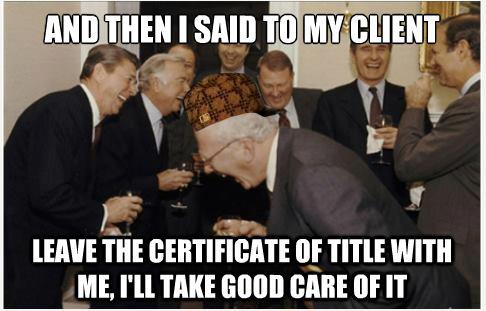What's the deal with articles now?
It's not called articles and you can do it at places like Leo Cussen. For some reason I thought merely the name had changed but I was told differently today.
It's not called articles and you can do it at places like Leo Cussen. For some reason I thought merely the name had changed but I was told differently today.







